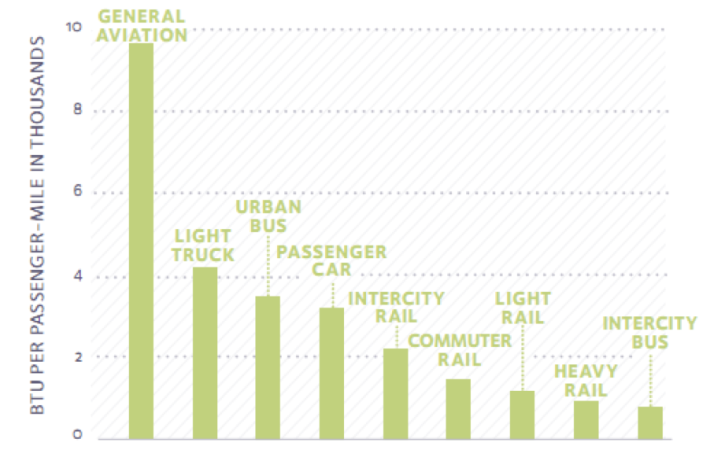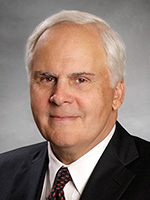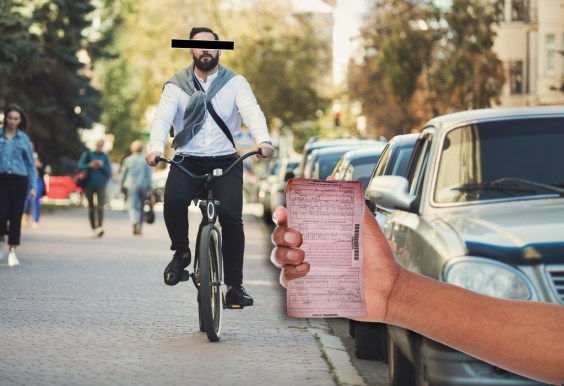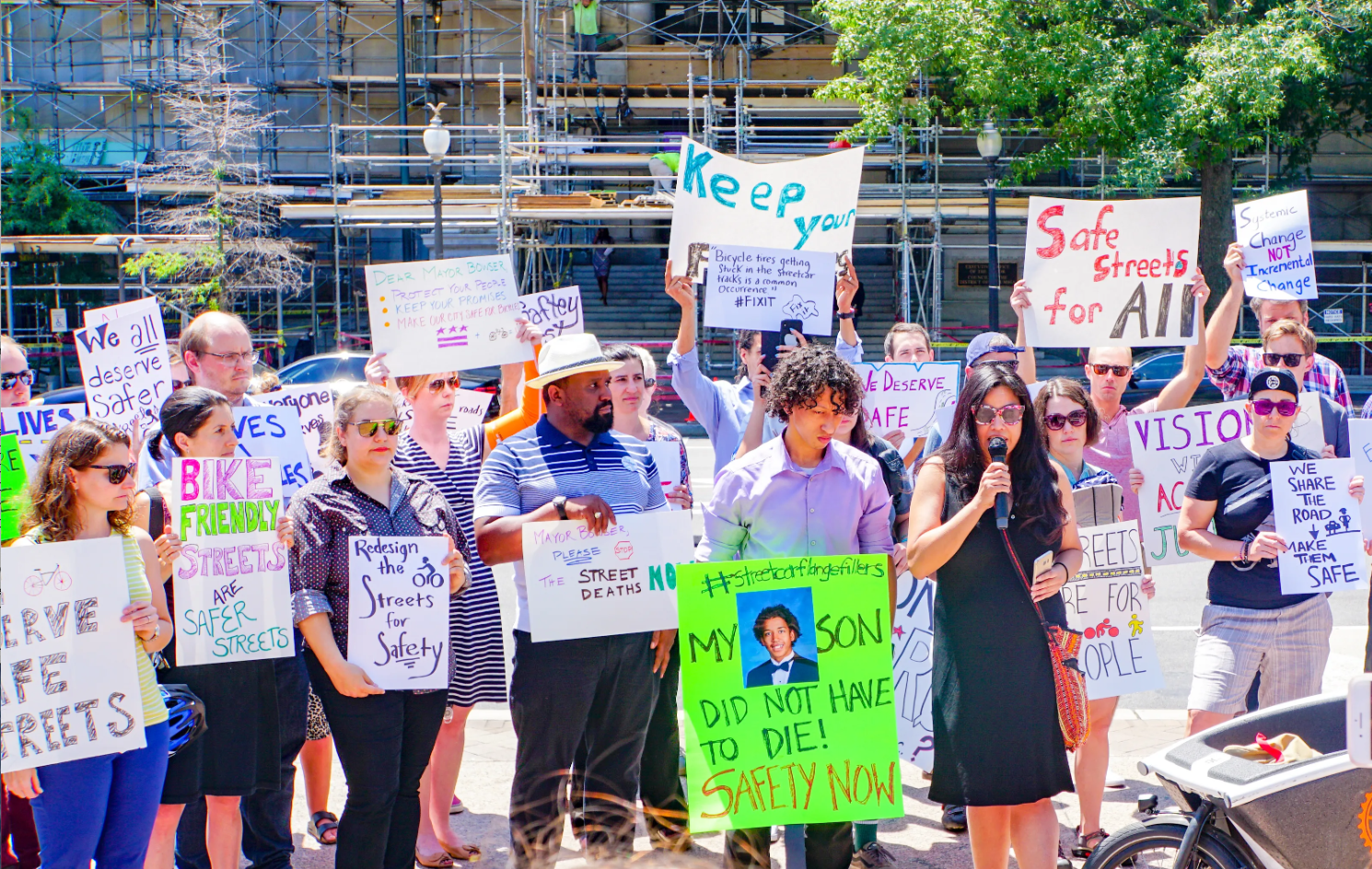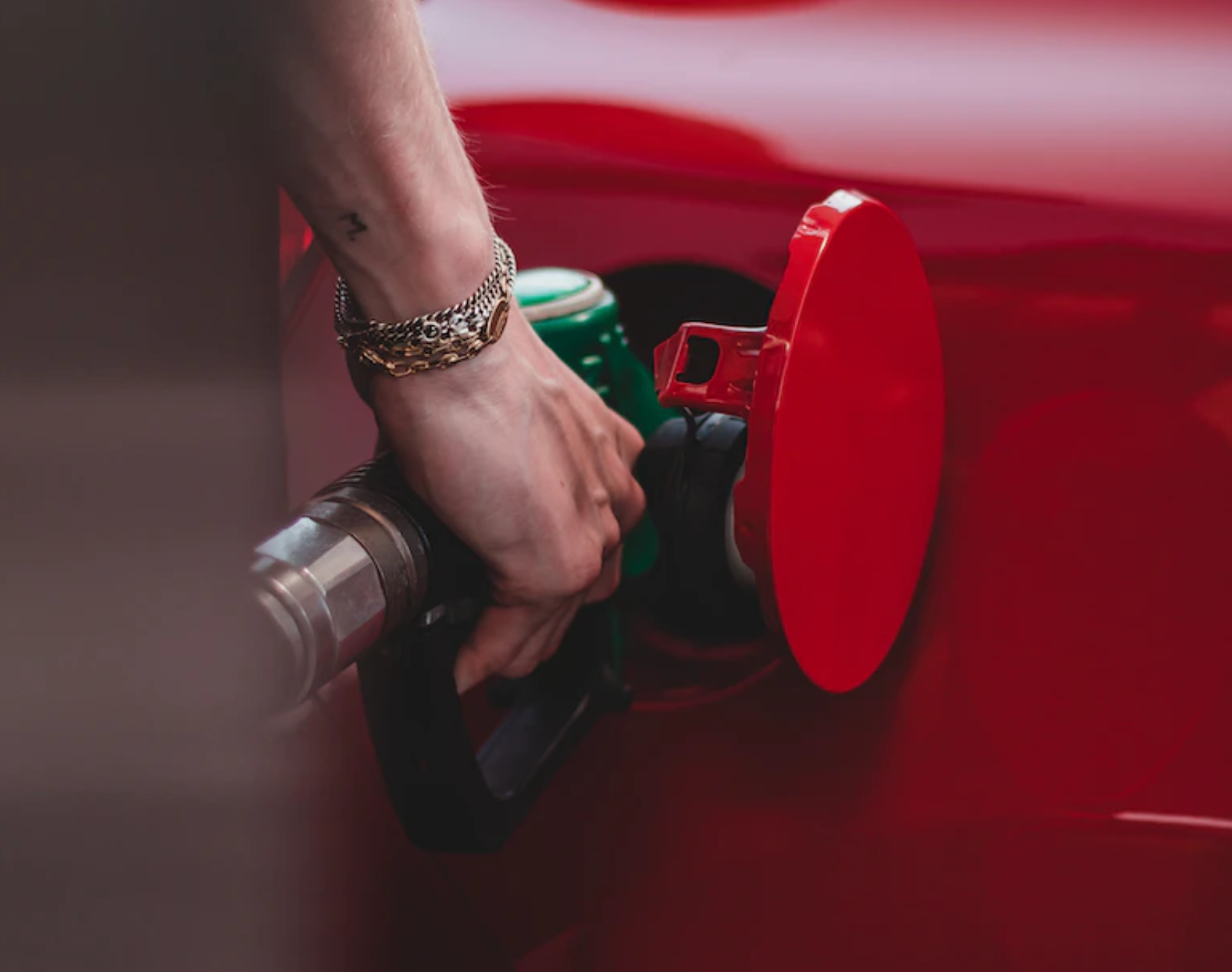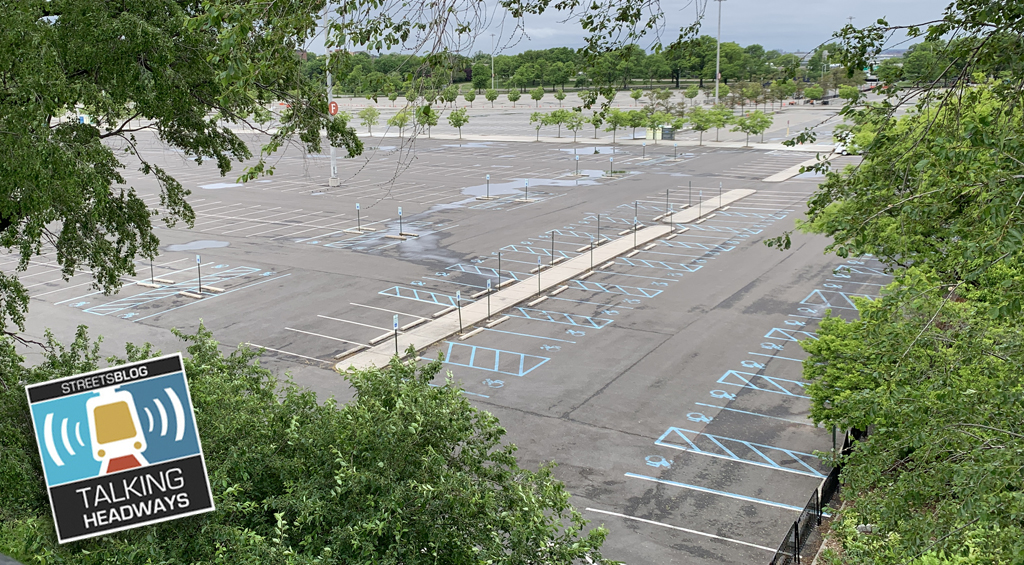What do the president of FedEx, the former Director of National Intelligence, and 19 other business and military leaders have in common? They’re urging the U.S. to adopt less oil-intensive transportation habits. They say our national security depends on it.
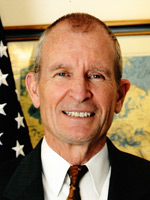
Retired military officers have joined forces with business tycoons to form the Energy Security Leadership Council. They’re looking for ways to reduce U.S. oil dependence and improve energy security. In 2008, the ESLC released a study detailing the need for the U.S. to shift from a petroleum-based to an electricity-based transportation sector.
Realizing that fuel efficiency and alternative fuels are just two legs of a three-legged stool, the ESLC released a report yesterday, “Transportation Policies for America’s Future,” calling for significant changes in transportation infrastructure [PDF].
America's transportation network exists almost in a vacuum, the report says, with virtually no connection between how it is designed, how it is funded, and how American families and businesses use it every day. The result is an inefficient system in which system needs are out of alignment with investment, cost is out of alignment with usage, and congestion is threatening to undermine the potential gains associated with recent improvements in vehicle technology and fuel diversification.
The ESLC call for policy shifts including:
- The establishment of national performance metrics, with reduction in oil consumption chief among them, for projects to receive federal funds.
- Create a new federal formula program, totaling 25 percent of annual federal transportation funding, to reduce congestion and encourage “economically justifiable alternatives to single-occupant travel in internal combustion vehicles” in metropolitan areas.
- Create a $5 billion-per-year competitive program with funds available to congested metropolitan areas seeking to implement dynamic tolling, improved traffic signals and payment systems, and public transportation solutions.
- Maintain and improve highway and passenger rail capacity outside of metropolitan areas and along major freight corridors.
- Remove federal restrictions on state tolling of new and existing roads.
- Shift to a VMT fee that “adequately accounts for fuel consumption externalities.”
These aren’t treehugging hippies advocating for these changes. These retired high-ranking military officers and corporate CEOs are convinced that the U.S. addiction to oil is the nation's Achilles heel. “Hostile state actors, insurgents, and terrorists have made clear their intention to use oil as a strategic weapon against the United States,” they say. “America’s energy security can be fundamentally improved through major reductions in oil demand.”
